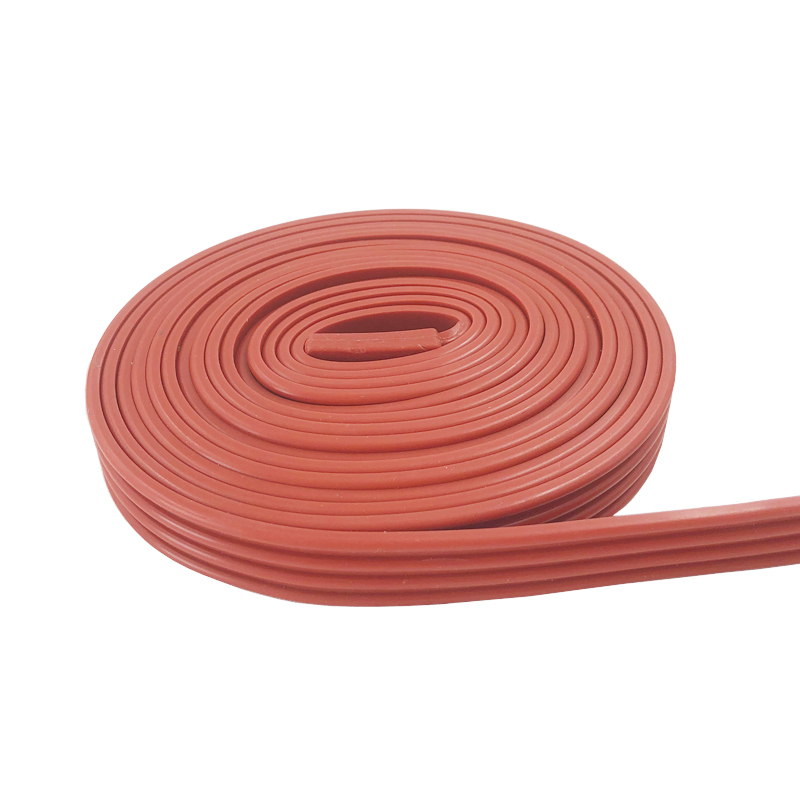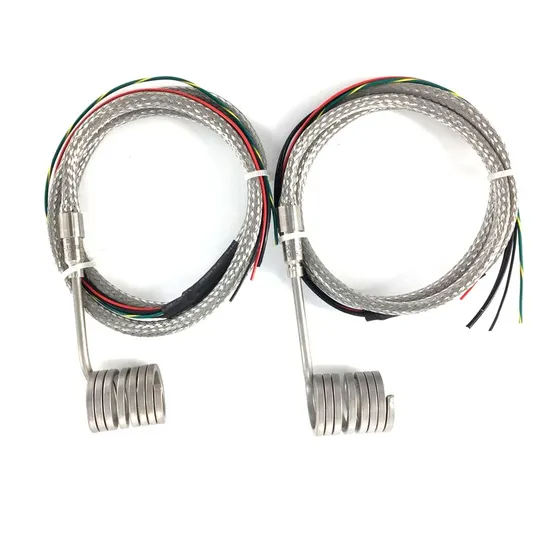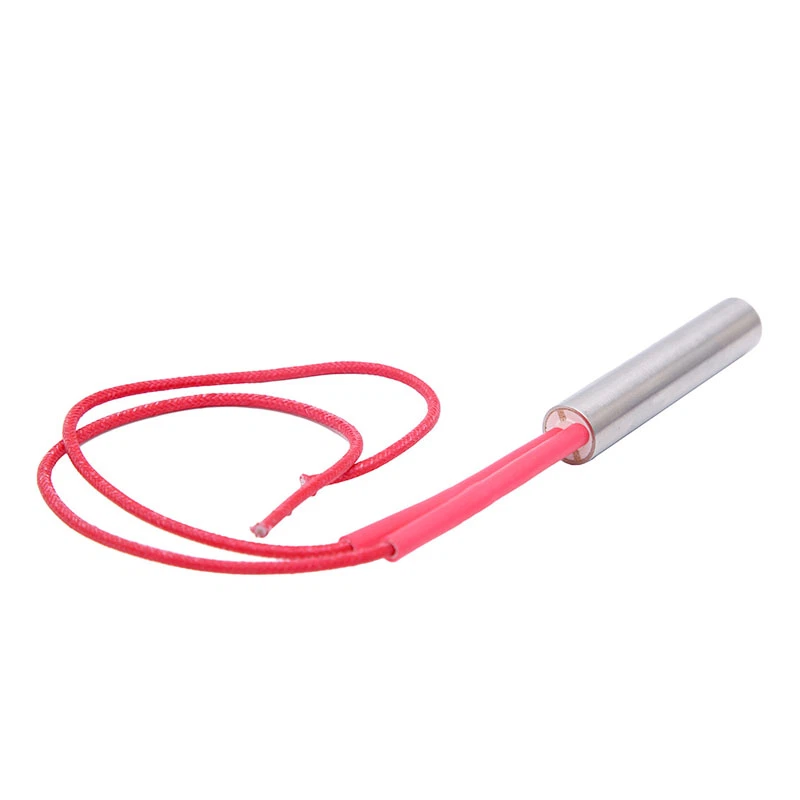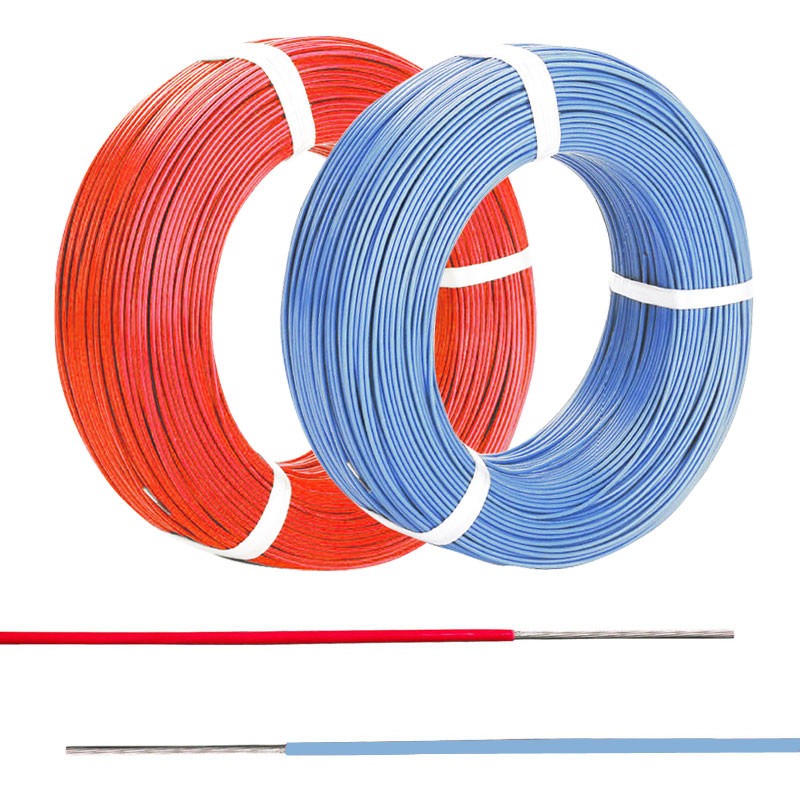When considering the various devices that measure temperature, the thermocouple stands out for its versatility and reliability. Whether you are familiar with the work of a thermocouple manufacturer or just beginning to explore this field, understanding where thermocouples are used can provide valuable insight. Thermocouples are essential in many industries due to their ability to accurately measure extreme temperatures.
How Does a Thermocouple Work?
A thermocouple consists of two different metals joined at one end. When these metals experience a temperature difference, they generate a small electrical voltage. This voltage is then interpreted to measure the temperature. The simplicity of this design allows thermocouples to be both durable and responsive, making them suitable for various applications.
- Durability: Thermocouples are built to withstand harsh environments, from extreme heat to corrosive conditions.
- Versatility: They can measure temperatures ranging from very low to extremely high, depending on the metals used.
- Quick Response: The small size and direct contact of thermocouples allow them to respond quickly to temperature changes.
Applications of Thermocouples in Different Industries
Thermocouples are used across a wide range of industries, each with unique requirements and challenges.
1. Industrial Manufacturing
In manufacturing, controlling temperature is critical for ensuring product quality. Thermocouples are used in:
- Furnaces and Kilns: To monitor and control the high temperatures required for metalworking and ceramics.
- Plastic Extrusion: Where precise temperature control is needed to shape and form plastic materials.
- Heat Treatment: To ensure that metals are heated to the correct temperature for processes like hardening or annealing.
2. Aerospace Industry
In the aerospace sector, the ability to measure temperature accurately is crucial for safety and performance:
- Engines: Thermocouples monitor the temperatures in jet engines, ensuring they operate within safe limits.
- Exhaust Systems: They measure the temperature of exhaust gases to assess engine performance and emissions.
- Spacecraft: Thermocouples are used in spacecraft to monitor critical systems, ensuring they function correctly in the extreme conditions of space.
3. Medical Field
Thermocouples also play a vital role in medical equipment, where precise temperature measurement is often a matter of life and death:
- Sterilization Equipment: They monitor the high temperatures needed to sterilize medical instruments.
- Incubators: Thermocouples ensure that the temperature inside infant incubators remains stable and safe.
- Cryotherapy: They are used in cryotherapy chambers to monitor the extremely low temperatures required for treatment.
Why Should I Choose a Thermocouple Manufacturer?
Choosing the right thermocouple manufacturer can make a significant difference in the performance and reliability of the thermocouples you use. Here’s why:
- Customization: A good manufacturer can provide thermocouples tailored to your specific needs, whether that means different metal combinations or special sheathing materials.
- Quality Control: Reputable manufacturers have strict quality control processes to ensure that each thermocouple meets industry standards.
- Technical Support: Expert manufacturers offer support to help you select the right type of thermocouple for your application and assist with any issues that arise during use.
Types of Thermocouples and Their Specific Uses
Different types of thermocouples are designed for specific applications, depending on the materials used:
- Type K (Nickel-Chromium / Nickel-Alumel): Commonly used in general-purpose applications due to its wide temperature range and affordability.
- Type J (Iron / Constantan): Often used in older equipment, it’s suitable for lower temperature applications.
- Type T (Copper / Constantan): Best for low-temperature measurements, such as in cryogenics.
- Type S (Platinum Rhodium / Platinum): Used in high-temperature applications, like in the aerospace industry and laboratory settings.
Maintenance and Care for Thermocouples
To ensure your thermocouples function correctly and last as long as possible, regular maintenance is essential:
- Regular Inspections: Check thermocouples for signs of wear, corrosion, or damage.
- Calibration: Regularly calibrate thermocouples to ensure accuracy, especially in critical applications.
- Proper Installation: Ensure thermocouples are installed correctly, with secure connections and appropriate protective sheathing.
Wrap Up
Understanding where a thermocouple is used offers insight into the importance of this simple yet essential device in various industries. From manufacturing to aerospace and medical applications, thermocouples provide the precise temperature measurements necessary for safe and efficient operations. Partnering with a reliable thermocouple manufacturer ensures that you receive high-quality, customized solutions tailored to your specific needs. With proper care and maintenance, thermocouples can provide accurate temperature readings for many years, making them an invaluable tool in countless applications.














